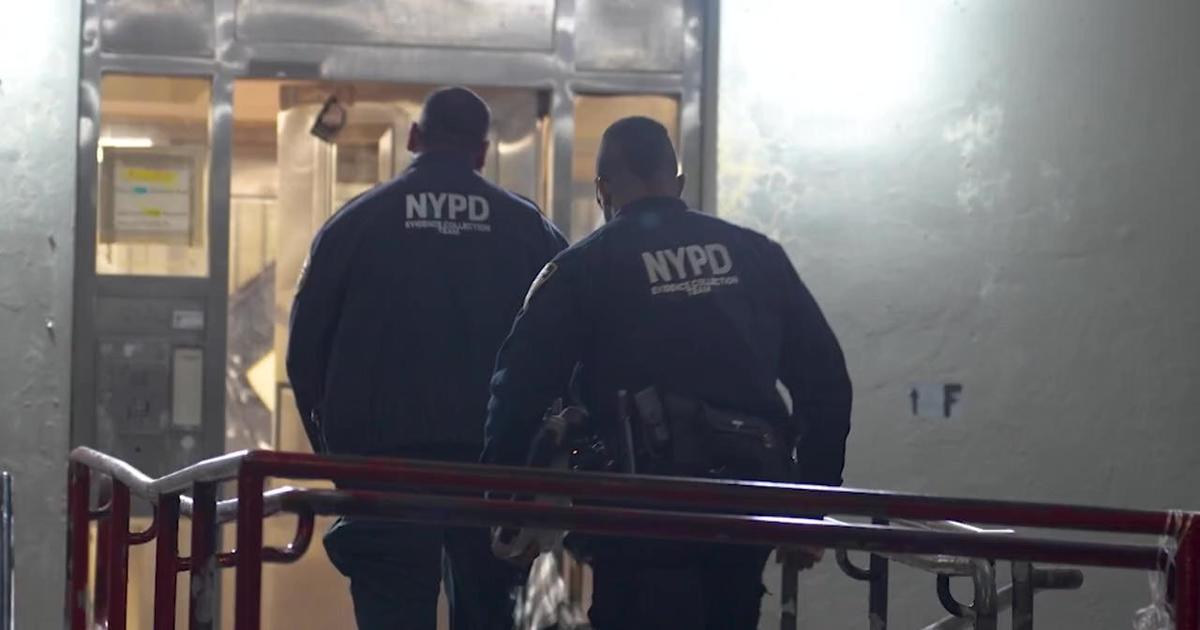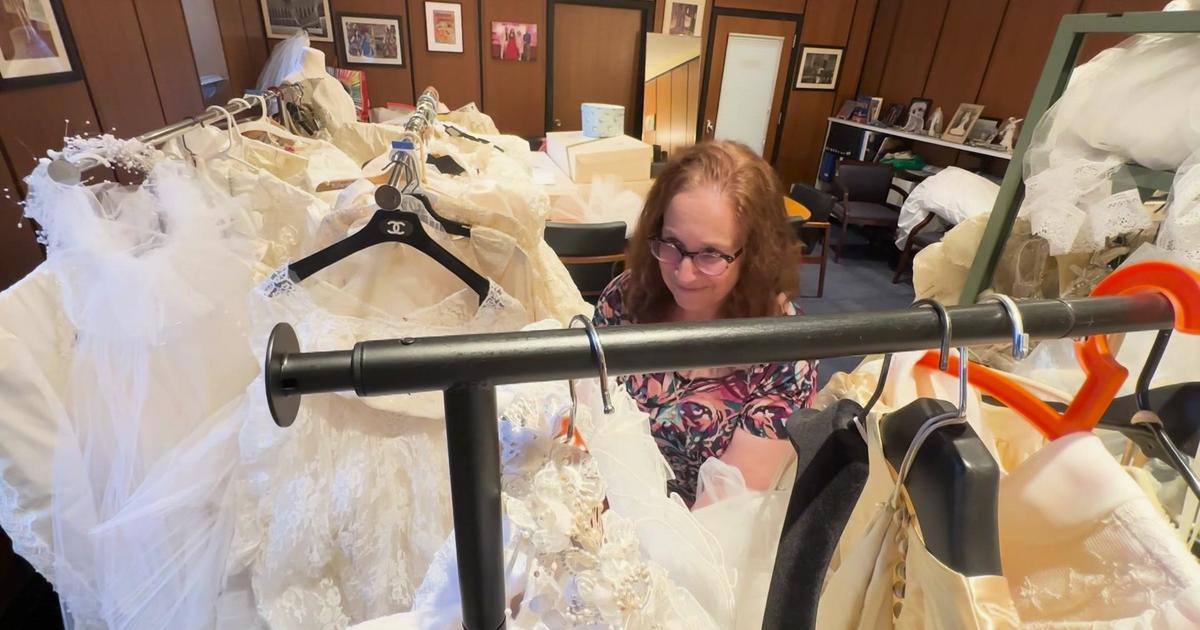Schools Nationwide Struggle To Teach The Story Of 9/11
NEW YORK (AP / CBSNewYork) - It's etched forever in the minds of their teachers, but for the majority of school children, Sept. 11, 2001 is a day of infamy they don't remember.
More than 60 million children in America are 14 and younger, according to the U.S. Census Bureau. So how do teachers handle the daunting task of trying to explain the significance of 9/11 to students who don't remember when anyone could walk right up to the gate at the airport or when Osama bin Laden wasn't a household name?
WCBS 880's Rich Lamb With NYC Schools Chancellor Dennis Walcott
Podcast
The answer isn't simple, and it has changed over time as the country's rhetoric about the attacks has evolved.
Students across the country will gather for assemblies, hold moments of silence and spend history and social studies classes focusing on Sept. 11 this year. They'll hear stories from teachers and talk to survivors or family members of victims.
They'll read front-page headlines screaming "UNTHINKABLE'' or "ACT OF WAR'' in giant letters.
Though it's been a decade, just a few states and school districts have a set curriculum for teaching Sept. 11. Unlike Pearl Harbor or the assassinations of the Rev. Martin Luther King Jr. and President John F. Kennedy, the story of 9/11 is still being written as the country continues to grapple with its impact.
New Jersey unveiled its new curriculum this year in honor of the 10th anniversary of the attacks, a lesson plan created by families of Sept. 11 victims and the New Jersey Commission on Holocaust Education. It provides 56 lessons - which start simple and grow in complexity and maturity with each grade level - emphasizing the good that came out of the tragedy for younger students and examining the history of terrorism and other complicated lessons for older students.
The lessons recommend some kind of action, such as creating art about tolerance or service projects to honor or remember victims.
In 2009, New York City schools piloted what was believed to be the first comprehensive educational plan focusing on the attacks. Created by the New Jersey-based Sept. 11 Education Trust, the curriculum has also been tested in schools in California, Alabama, Indiana, Illinois and Kansas. It uses videos and interviews about the attacks, as well as interactive exercises like having students map global terrorist activity with Google Earth software.
1010 WINS' Stan Brooks reports: Teaching Kids About Sept. 11
Podcast
New York City, the nation's largest school district, announced an updated Sept. 11 curriculum this month that includes tips on how to help students cope with learning about the horrors of that day, a study of the art inspired by the terrorist attacks and a history of the building of the 9/11 memorial. The project was done in partnership with the National September 11 Memorial & Museum and a group of New York City educators.
"The curriculum focuses on the sacrifices made by our first responders on 9/11 and really gives context to the event as an attack on our freedom shared by not just by New Yorkers, but the nation as a whole," schools chancellor Dennis Walcott told WCBS 880 reporter Rich Lamb.
"We wanted to be sensitive to 9/11 and the tenth anniversary and making sure that our students -- who a lot of them probably were not even born -- are aware of what took place," Walcott added.
A few nonprofit groups have come out with lesson plans but those programs have not become widely adopted. Even the U.S. State Department has developed materials for educators.
For the most part, states and school districts leave it up to the teacher, which can mean some students don't hear about it at all as some teachers may avoid the subject either out of concern for younger students or because they are too emotional to talk about it themselves. Other teachers said history classes often have difficulty getting to 1980, much less 2001, by the end of the school year.
"A lot of the teachers have their own experiences and so we want them to also factor that into the discussion as well," Walcott said. "But, it's to make our students extremely sensitive of what took place on that horrific day,"
Though the topic is covered by nearly every history and social studies textbook on the market, researchers have found that the mentions are scant. Teachers can use online resources from newspapers or foundations to help supplement, but it's up to them to find that material.
Textbook companies, some of whom pulled social studies and history books from the presses just after the attacks and updated them to mention the events of that day, are releasing online lesson plans and other supplemental teaching material for educators.
The material in textbooks has changed over time, too, from stories about heroes to examinations of the wars in Iraq and Afghanistan, researchers at the University of Wisconsin found. The story of 9/11 and its effects is evolving, making it difficult to use the same lesson each year.
(TM and Copyright 2011 CBS Radio Inc. and its relevant subsidiaries. CBS RADIO and EYE Logo TM and Copyright 2011 CBS Broadcasting Inc. Used under license. All Rights Reserved. This material may not be published, broadcast, rewritten, or redistributed. The Associated Press contributed to this report.)



